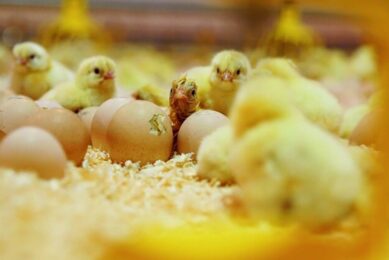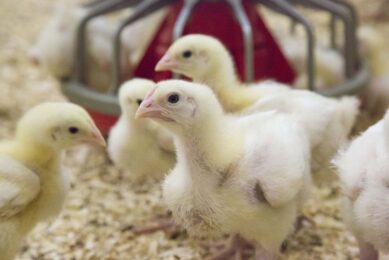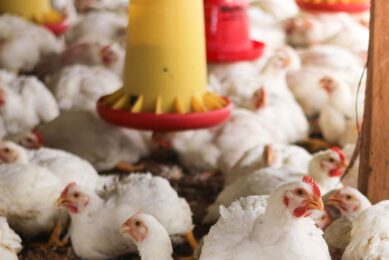Feed processing in the poultry industry
It is known that feed processing techniques alter molecular structure of nutrients in feed ingredients (mainly through physical or heat-based approaches). These changes can have significant effects on nutrient utilisation by the animals, which may consequently improve production performance.
I had the opportunity to attend the 29th Western Nutrition Conference, which was held 23-24 September, 2008, in Edmonton, Canada. Although the majority of attendees were from Canada, we had a very diverse group of speakers from different parts of the world. The meeting was programmed in a way to have separate sessions for both ruminant and monogastric nutrition. I did not have any chance to attend ruminant talks, but I found the monogastric sessions very interesting. In this blog, I’d like to briefly talk about a presentation by Dr Svihus of Agricultural University of Norway. The title of his talk was “The role of feed processing in nutrient utilisation”.
It is known that feed processing techniques alter molecular structure of nutrients in feed ingredients (mainly through physical or heat-based approaches). These changes can have significant effects on nutrient utilisation by the animals, which may consequently improve production performance. There has always been a lot of discussion on the optimal level of processing conditions (e.g. time, temperature, pressure), which may affect nutritive value of the processed product. Economical benefits of processing techniques are dependent on animal species as well. Pigs and chickens may not respond in the same way to a specific type of processing technique.
We all know that there are costs associated with feed processing (e.g. pelleting) but my question is: Does this cost always get covered at the end? How does feed processing help us today as feed prices are skyrocketing? Does improvement in digestibility of nutrients/performance of animals offset the associated costs of processing?
I hope that colleagues from the feed industry share their opinions/experiences here.
Join 31,000+ subscribers
Subscribe to our newsletter to stay updated about all the need-to-know content in the poultry sector, three times a week. Beheer
Beheer








 WP Admin
WP Admin  Bewerk bericht
Bewerk bericht